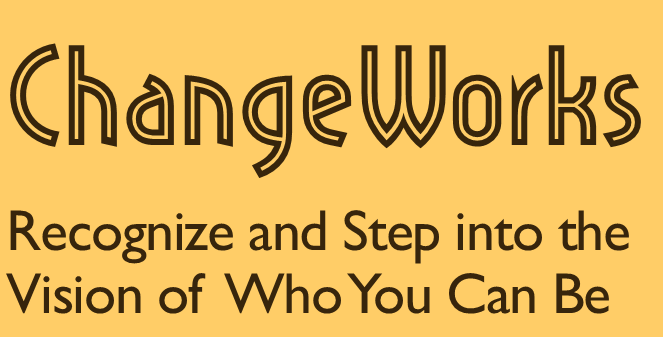I believe that most of the violence in society comes from our aversion to our emotions. We fight the reality of what we feel because we don’t like the feeling. We try to make it go away by resisting what is. We battle with our feelings by drinking, running, eating, refusing to feel. When we have feelings we don’t like, we battle with others by blaming them for how we feel. When we resist our feelings, the emotions get stuck in us and then when something comes along that resembles that stuck emotion, we get triggered and respond as though we are back in time when that first happened to us. The patterns that are created by the feelings we resist end up running our lives.
Abuse towards others occurs because it is easier to be angry at another and blame them for unpleasant feelings than to actually feel one’s emotions. Abuse is the result of an inability to process one’s own feelings. This is what we do—we project onto others what we don’t want to feel. We blame them and make them the reason why we feel the way we do.
If we taught ourselves and our children how to process feelings there would be less violence and hate in the world. Instead we avoid, repress and deny feelings because we are told emotions are bad and we are weak, sick or hysterical if we have them. We want to be strong so we resist our feelings even though it is much more courageous to feel than to deny or suppress them. Sitting with emotions takes practice and dedication. Sitting with emotions helps us sift through what is being triggered from the past and what is information about the present. It helps us respond from a thoughtful place as opposed to acting out and hurting others.
Feelings are our source of insight and understanding—they inform us. Without our feelings how do we know who we love and who is good for us? How do we know who is dangerous and not good for us and should be avoided? How do we know what passion to pursue or what career to choose without feelings? Honoring and accepting our feelings is essential for self-compassion because feelings are an essential part of who we are as humans and they help us navigate the world. Self-compassion is critical to feeling compassion toward others which we could use more of in the world.
Feeling our feelings does not mean acting out on them by angrily expressing them or silently getting back at someone. It does not mean yelling or having a tantrum. These expressions can harm others and they do nothing to bring us equanimity. Equanimity arises when we can sit with/allow the feeling. We sit still and observe ourselves and the emotions we have and how that manifests in our body—what are the sensations and where are they? Letting the sensations process in the body while holding ourselves in compassion allows us to move through the feeling. When we make ourselves wrong for having feelings then we are not honoring that feeling which is not compassionate. There is always a reason why we have our feelings. If we sit with them, we can learn from them.
If we are not fully processing the feeling then we are strengthening a neural pathway to violence. The more we react to or fight our feelings; the more we act out, the more likely we are to go down that path and encourage the use of a negative neural pathway of violence. Volatility may bring temporary relief but it does not bring lasting peace to us and it can cause damage in relationships. When we process our feelings fully by sitting with them and observing them, we develop the “observer” which allows us to stop damaging behavior (toward ourselves and others) before it starts. When we sit in the fire of our emotions, we get to see where they come from and we are often rewarded with insight about the next step we can take.

